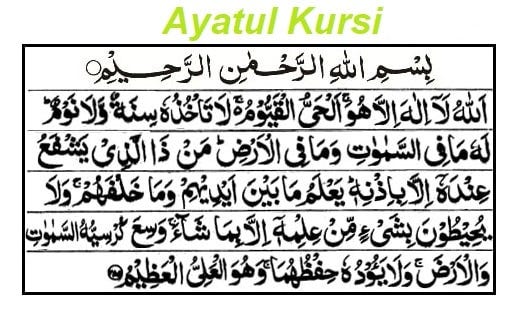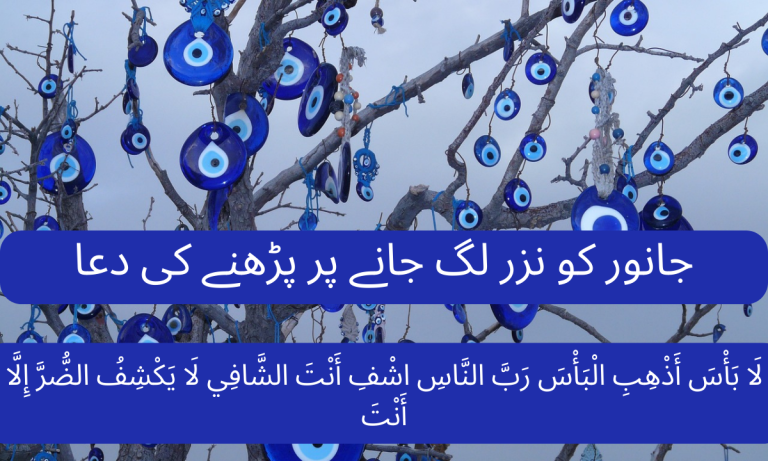Har Farz Namaz K Bad Pary Jany Waly Tasbeeh

Har Farz Namaz K Bad Pary Jany Waly Tasbeeh Farz Namaz ke baad Tasbeeh parhna ek aam amal hai jise log zyadatar Dhikr ya Allah ki zikr mein mashghool hone ke liye apnate hain. Yeh ek riwayat hai ke afrad farz namaz ke baad Tasbeeh istemaal karke Allah ki ta’arifat ya hamd o sana goyi karte hain takay unka ruhani talluq mazeed mazboot ho. Yeh amal mukhtalif Islami taqalid aur fiqhi mazahib mein mukhtalif ho sakta hai.
Har Farz Namaz K Bad Pary Jany Waly Tasbeeh
Har farz namaz k bad aayatulkursi pary. Har farz namaz k bad aayatulkursi parny k fawaid ur ahmiyat nichay pairagraph may di gaee hain .
Ayaatulkursi
Reward of Reciting Ayat al-Kursi after Every Obligatory Prayer
Hadith: The Prophet Muhammad (peace be upon him) said, “Whoever recites Ayat al-Kursi after every obligatory prayer, nothing will prevent them from entering Paradise except death.”
This practice is highly recommended in Islam, and it signifies the spiritual significance of reciting Ayat al-Kursi regularly.
Benefits of Reciting Ayat al-Kursi after Obligatory Prayers
Spiritual Protection: Reciting Ayat al-Kursi provides spiritual protection, and reciting it after each obligatory prayer strengthens this safeguard, shielding individuals from negative influences.
Paradise Reward: According to a hadith, whoever recites Ayat al-Kursi after every obligatory prayer is promised entry into Paradise, with nothing hindering them except death.
Connection with Allah: Regular recitation fosters a continuous connection with Allah, aiding in spiritual mindfulness and navigating through daily challenges with deep religious consciousness.
Blessings (Barakah): This practice is believed to attract blessings and divine favor, contributing to overall happiness and progress in both worldly and spiritual aspects.
Warding off Evil: Ayat al-Kursi is a potent supplication for protection against harmful influences. Reciting it after prayers acts as a defense mechanism against negative energies.
Increased Focus in Prayer: Including Ayat al-Kursi in post-prayer routines enhances concentration and intention during the prayer, creating a more profound and spiritually enriching experience.
Hare Namaze k Bad Darjzail Tasbeeh Parain
“Hare Namaze k Bad Darjzail Tasbeeh Parain” translates to “Recite the following Tasbeeh after every prayer.” Tasbeeh is a form of dhikr (remembrance of Allah) where individuals use prayer beads to count the repetition of specific phrases or praises of Allah. The specific Tasbeeh mentioned may vary, but it’s a common practice for Muslims to engage in Tasbeeh after prayers as a way to deepen their spiritual connection and mindfulness.
Conclusion
Reciting Tasbeeh and Ayat al-Kursi after obligatory prayers is a common practice in Islam. This spiritual routine fosters a strong connection with Allah, offering protection from negativity, and promising Paradise. The practice includes reciting specific phrases, enhancing concentration, and attracting divine blessings. Variations exist within Islamic traditions, reflecting diverse approaches to deepen spiritual connections after prayers.







